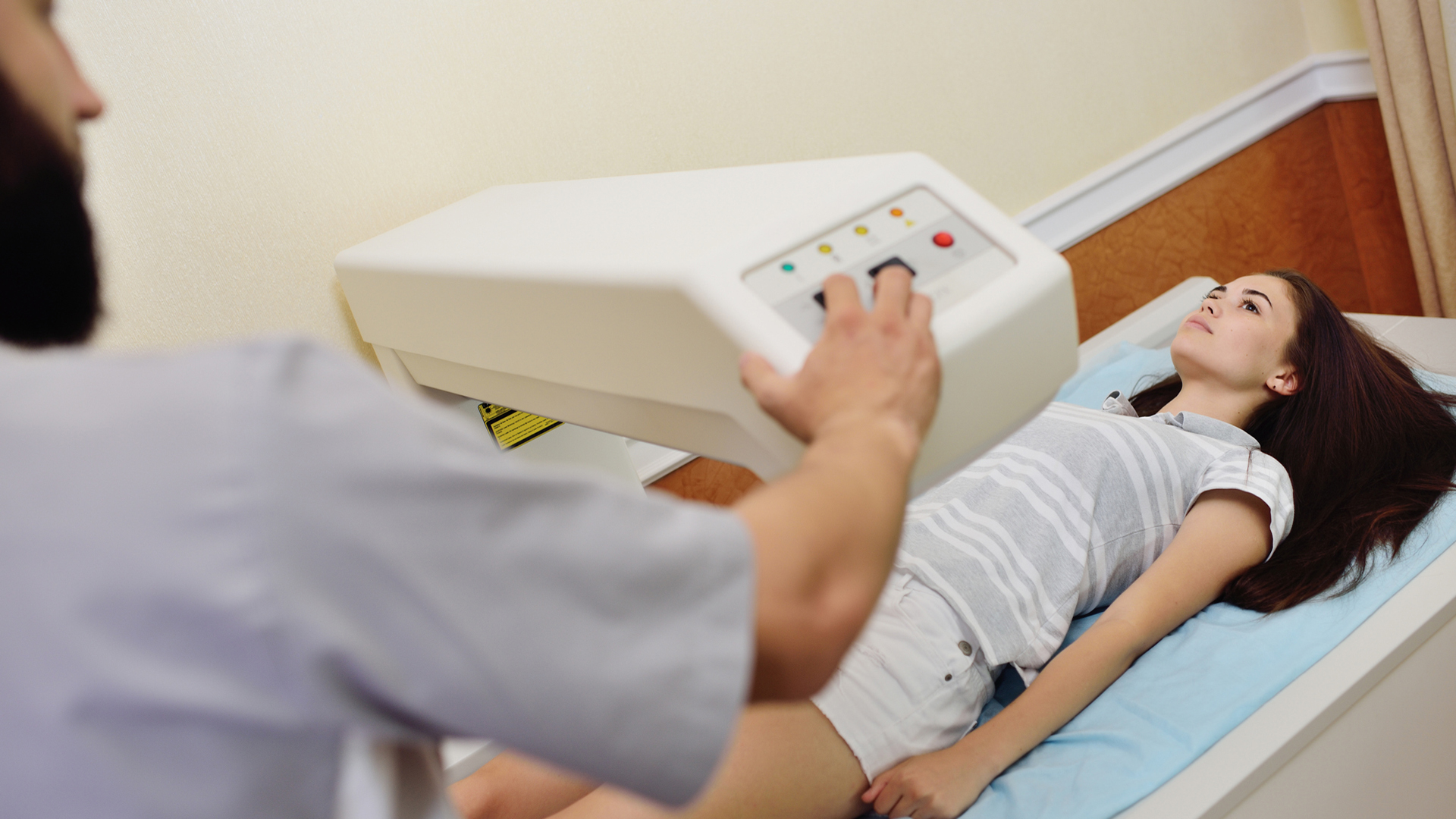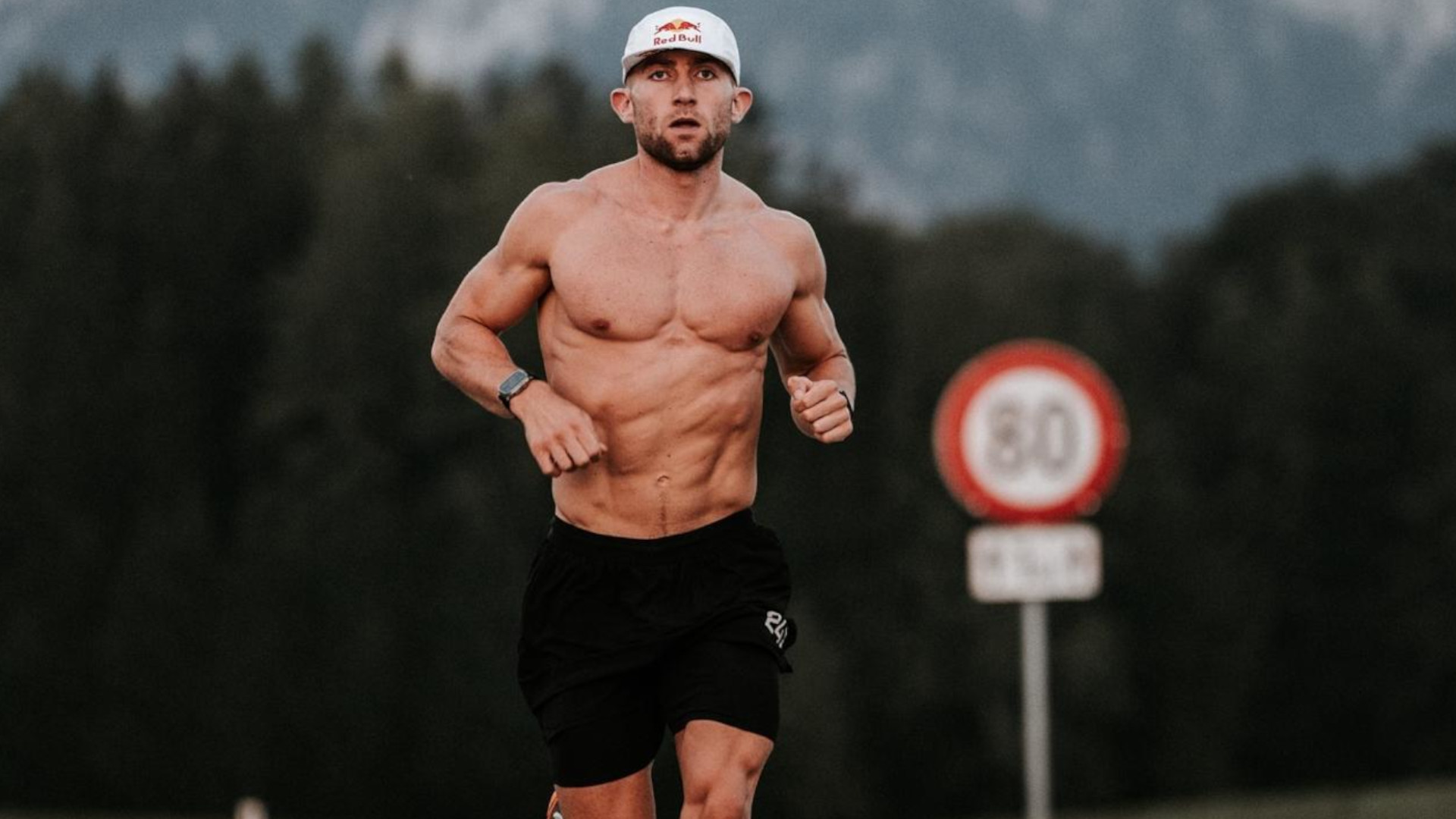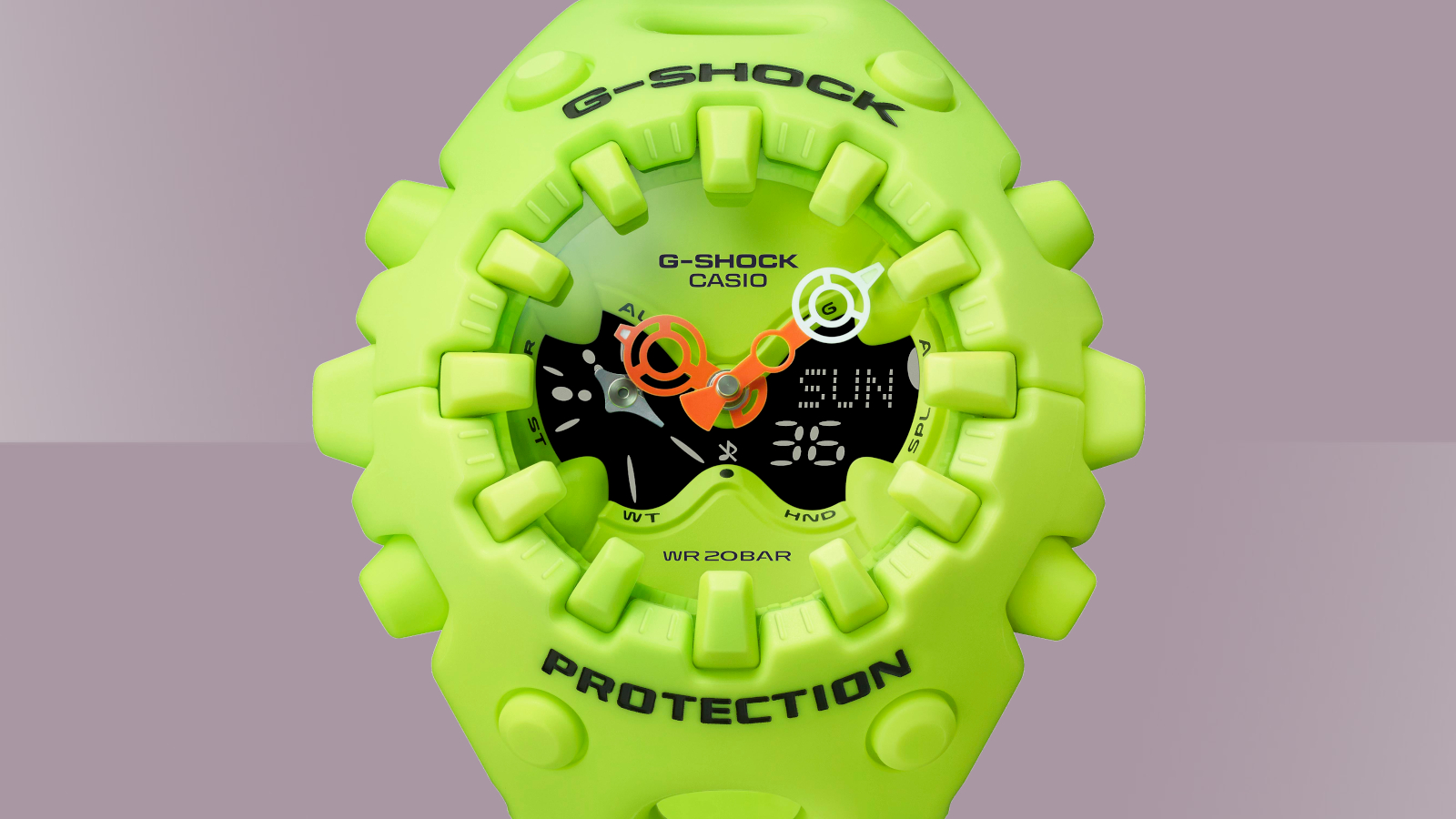

The fluorescent lights were gently swimming out of sight as I was lying flat on the table in my underwear during the DEXA scan. I was keen to find out if this type of examination can help me better understand my body composition and improve my fat-to-lean mass ratio by providing me with information about fat distribution.
What were the results and did it help me better understand why the DEXA scan is so popular among fitness enthusiasts? Is it useful? Should you do one? Not sure if I know the answers to all these questions but I learned a lot during the few hours I spent in the lab.
What is a DEXA Scan?
"99% of DEXA machines around the UK are devoted to testing when anyone is suspected of osteoporosis or any type of bone density condition", says Owen Hutchins, owner of My Vital Metrics, a London-based lab for "Fitness, Aesthetic and Body Composition Assessments" that performs DEXA scans, among other tests, "but the technology has also been used for analysing body composition since its inception."
As explained on the lab's website, "The DEXA scanner passes a small amount of two different X-ray beams through the body. Different amounts of the first beam will be absorbed by fat and by muscle, and the second beam will be absorbed by the skeleton. By measuring the amount of each beam which makes it through to the sensor on the other side, we can tell how much fat and muscle and bone there is in that part of the body."
Although the process involves X-rays, the DEXA scan is not harmful to you, at least not in these quantities. That said, My Vital Metrics limits the number of visits per your to five to be on the safe side.
"I started using DEXA scans for myself in Sydney around 2014", Owen goes on, "I was blown away by the amount of data the test produced and how specific it was. I loved the stats; it gave me the freedom to start playing around with my diet a bit more. I would add a few more carbs or fat and see what that did. If it were too much, if my body composition changed, I'd pull it back a bit and see what that did."

The older generation benefits the most from regular DEXA scans
Who's the DEXA scan for?
I came across DEXA scans looking at Youtube fitness videos, buff men and women examining themselves to check if they have four or five per cent body fat, so naturally, I assumed the service would be most popular among bodybuilders. To my surprise, Owen explained that bodybuilders in their dehydrated pre-competition state might throw off the scanner's readings, so it might not be the most ideal for them. Who benefits the most from it, then?
Sign up to the T3 newsletter for smarter living straight to your inbox
Get all the latest news, reviews, deals and buying guides on gorgeous tech, home and active products from the T3 experts
"People who get the most out of it are untrained population in their forties and fifties", Owen suggests, "DEXA measures the amount of fat in the body and bone health, two things that are hugely important for older people." Based on the results, Owen and his team can advise how much weight training these people need. "I say how much because I think it's a non-negotiable that they do some weight training", he adds.
"We can help people to achieve specific goals", adds Matt Gardner, a nutritionist who I already worked with on an article about periodisation training. He also happens to work at My Vital Metrics: "From a performance point of view, we look at what's the distribution of tissue: Would a runner benefit from losing a few per cent of the fat?"
"Once we figured out where the lean muscle mass is located in the body and what bone mineral density looks like, we can make an educated decision about what needs to be done to achieve certain goals."
How long is a DEXA scan appointment and what do you get out of it?
Obviously, everyone is eager to get the DEXA scan results; I was too. But the appointment itself is more than just the two minutes you spend on the table. "Each appointment is 45 minutes long, and we discuss training background and what goals the person has in mind", Matt explains, "Once we had a chat, we do the DEXA scan, which doesn't take long, discuss the results and give people a spreadsheet where we work out their total calorie plan which contains macronutrient calculations."
The results themselves don't make much sense until you speak to an expert like Matt. They are a bunch of numbers, telling you everything from how much fat is in your left calf to what's your height to muscle ratio, something people often ignore. "The results from the DEXA scan are more accurate than if you're going to use a calculator online or even smart bathroom scales", he adds, "The calculations and plan help people leave with something tangible, something they can actually use to improve their health and wellbeing."
However, these results are only helpful if you have a goal in mind. One test is merely a screenshot of your body's current state; doing a few scans leading up to a significant life event, whether a competition or beach body season, will give you a better understanding of how well your programme is going.
While at the lab, I also did a basal metabolic rate (BMR for short) test – might as well, right? The BMR test informed me how many calories I burn when my body is in a resting state. Using this number and my training intensity, Matt could advise me on how to lose (or gain) weight within a certain amount of time and how likely it is to achieve my fitness goals. "The action plan gives people accountability, hard numbers, a good visual perspective of where they are and where they could be in the future", Matt adds.

If you have a fitness goal, a DEXA scan can help you achieve it sooner
Is the DEXA scan worth it?
A DEXA scan at My Vital Metrics is not cheap, but it doesn't cost an excessive amount of money either. Should you do it?
I don't think DEXA scans are for everyone, or more like, not everyone would benefit equally as well from spending money on the test. That said, It can help people get to their fitness goals faster. Knowing is half the battle, as the adage goes, and this type of test can provide you with information you can take away and action with the correct diet and workout routine.
Sure, DEXA scans can satisfy your curiosity and tell you if you have any muscle imbalances or your bones are not quite as strong as they should be. Matt says this last thing is one of the things people are most surprised about: "The type of clients we have, I'd assume most of them have got a good level of bone mineral density compared to the average population, but sometimes it's slightly lower than expected. That's something that people don't really talk about."
Should anyone be worried they get diagnosed with something serious? Not in the My Vital Metrics lab, but even if it turns out you have too much visceral fat – another thing you'll be given information on – at least you know what to improve upon. And who knows, you might be told you have an above-average muscle mass and who wouldn't want to hear that?

Matt Kollat is a journalist and content creator who works for T3.com and its magazine counterpart as an Active Editor. His areas of expertise include wearables, drones, fitness equipment, nutrition and outdoor gear. He joined T3 in 2019. His byline appears in several publications, including Techradar and Fit&Well, and more. Matt also collaborated with other content creators (e.g. Garage Gym Reviews) and judged many awards, such as the European Specialist Sports Nutrition Alliance's ESSNawards. When he isn't working out, running or cycling, you'll find him roaming the countryside and trying out new podcasting and content creation equipment.

